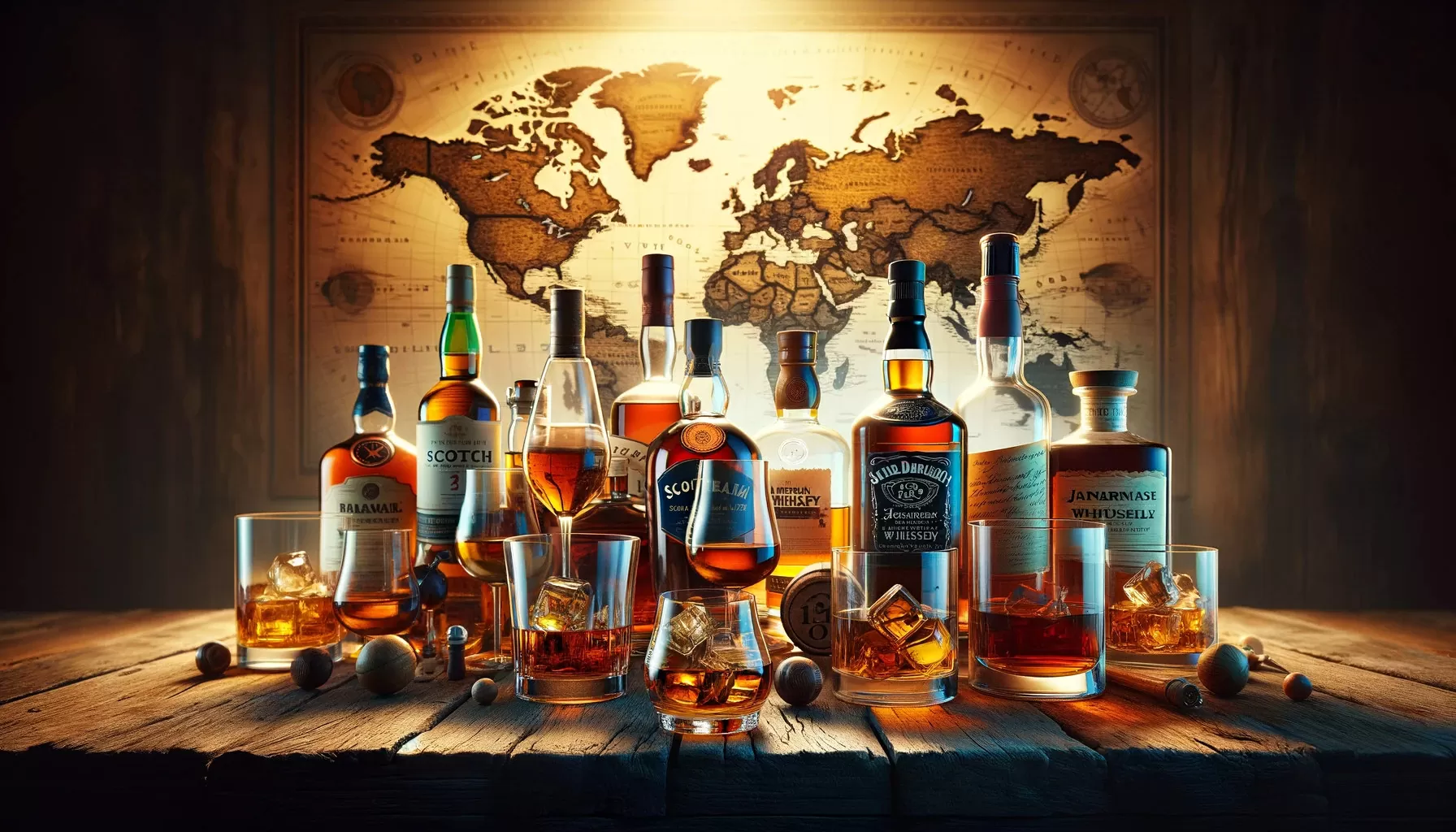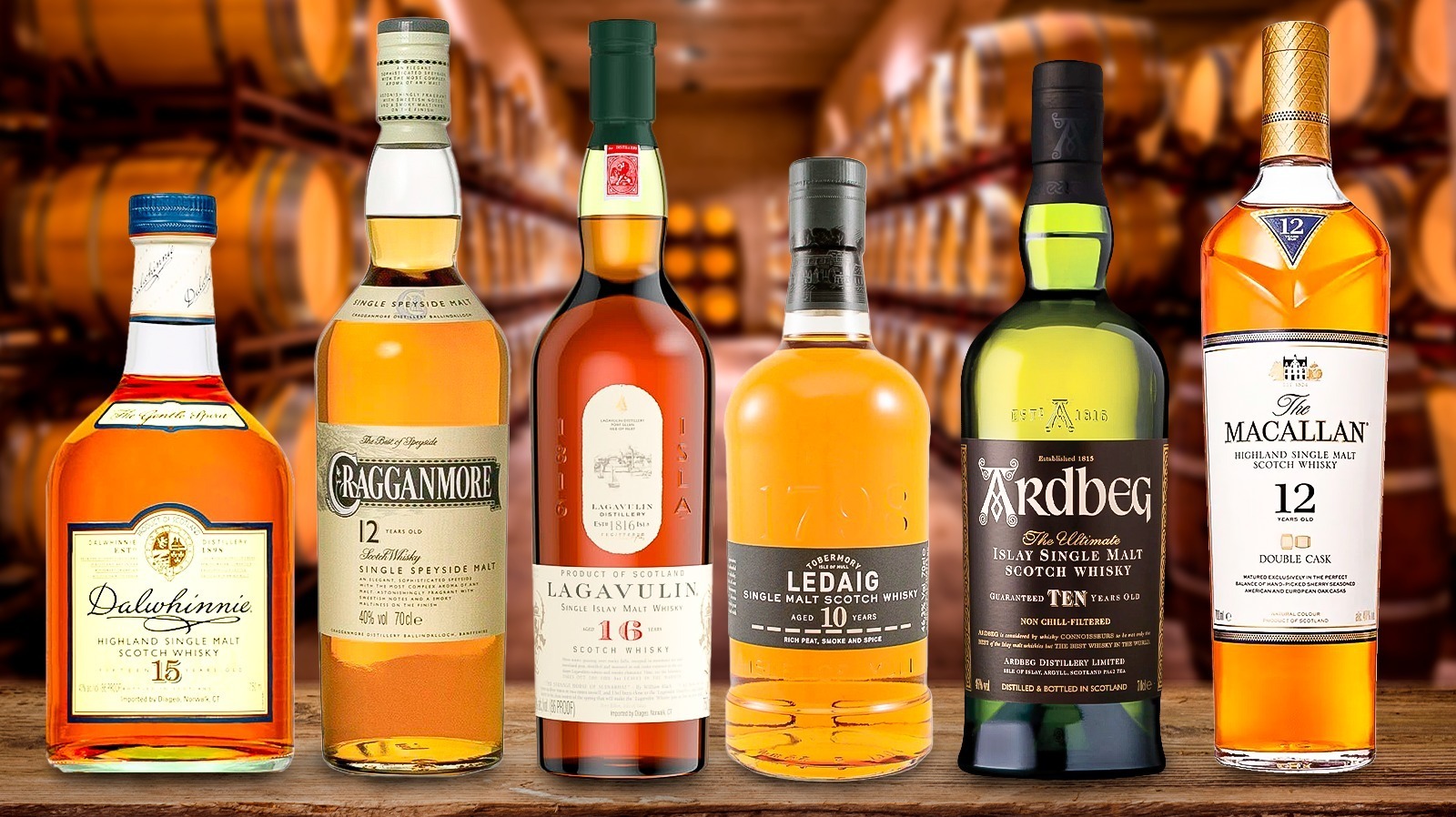Top 5 Budget Whisky in India Under ₹1000 in 2026
2026-02-20

Whisky, derived from the Gaelic word "uisge beatha" meaning "water of life," has a rich and storied history that spans centuries. Originating in ancient Celtic cultures, whisky production evolved over time, shaped by technological advancements, cultural influences, and regional traditions. The 18th and 19th centuries witnessed whisky's golden age, with advancements in distillation and aging techniques leading to unparalleled quality and diversity.
Scotland emerged as a powerhouse in whisky production, with distinct regions like Speyside, Islay, and Highland crafting whiskies with unique characteristics. The introduction of the continuous still by Aeneas Coffey revolutionized production efficiency, enabling a smoother and lighter style of whisky that gained popularity globally. Concurrently, Irish distillers refined triple-distillation methods, resulting in exceptionally smooth and delicate whiskeys known for their pot-still character.
In America, bourbon became synonymous with American whiskey production, distilled primarily from corn and aged in charred oak barrels to impart rich flavors of caramel, vanilla, and oak. Kentucky's limestone-rich water and unique climate contributed to the development of bourbon's distinctive profile, setting it apart from other whiskey styles.
The 20th century witnessed whisky's global expansion, with countries like Japan making significant strides in whisky craftsmanship. Inspired by Scottish methods, Japanese distillers embraced meticulous attention to detail, blending tradition with Japanese precision to create whiskies celebrated for their elegance, balance, and complexity.
.jpg)
Whisky enthusiasts encounter a diverse tapestry of flavors across various whisky types, each offering a unique sensory journey:

Today, whisky appreciation has evolved into a sophisticated pursuit that blends art, science, and sensory exploration. Distilleries worldwide employ state-of-the-art technology and centuries-old techniques to craft whiskies of unparalleled quality and complexity.
Whisky enthusiasts engage in sensory exploration, deciphering intricate flavor profiles that evolve with each sip. From the floral and fruity notes of Speyside single malts to the peaty, maritime character of Islay whiskies, every region and distillery leaves its unique imprint on the whisky's identity.
Whisky-tasting rituals embrace a multisensory experience, from the visual allure of amber hues to the aromatic dance of vanilla, spice, and oak on the nose. Connoisseurs appreciate the interplay of flavors on the palate – the sweetness of sherry casks, the warmth of bourbon barrels, or the smoky intensity of peated malts – each contributing to a harmonious symphony of taste.
For collectors and enthusiasts, rare whiskies represent the pinnacle of luxury and connoisseurship. Beyond their exquisite flavors, these bottles embody history, craftsmanship, and exclusivity, commanding reverence and admiration among aficionados.
Rare whisky releases often carry fascinating narratives, from limited-edition commemorations to century-old cask treasures. Bottles like The Macallan "Fine & Rare" series, Glenfiddich "Janet Sheed Roberts Reserve," and Karuizawa "1960s Single Cask" are coveted not only for their exceptional contents but also for the stories they encapsulate.
Whisky's enduring legacy lies in its ability to bridge past and present, tradition and innovation. From ancient origins to modern marvels, whisky continues to captivate hearts and palates worldwide, inviting us to savor the artistry, heritage, and camaraderie it embodies.
Whether enjoyed in quiet contemplation or shared moments of celebration, whisky remains an iconic symbol of culture, craftsmanship, and conviviality. Here's to the timeless allure of whisky – a journey of flavors, stories, and shared experiences that transcend borders and generations. Sláinte!